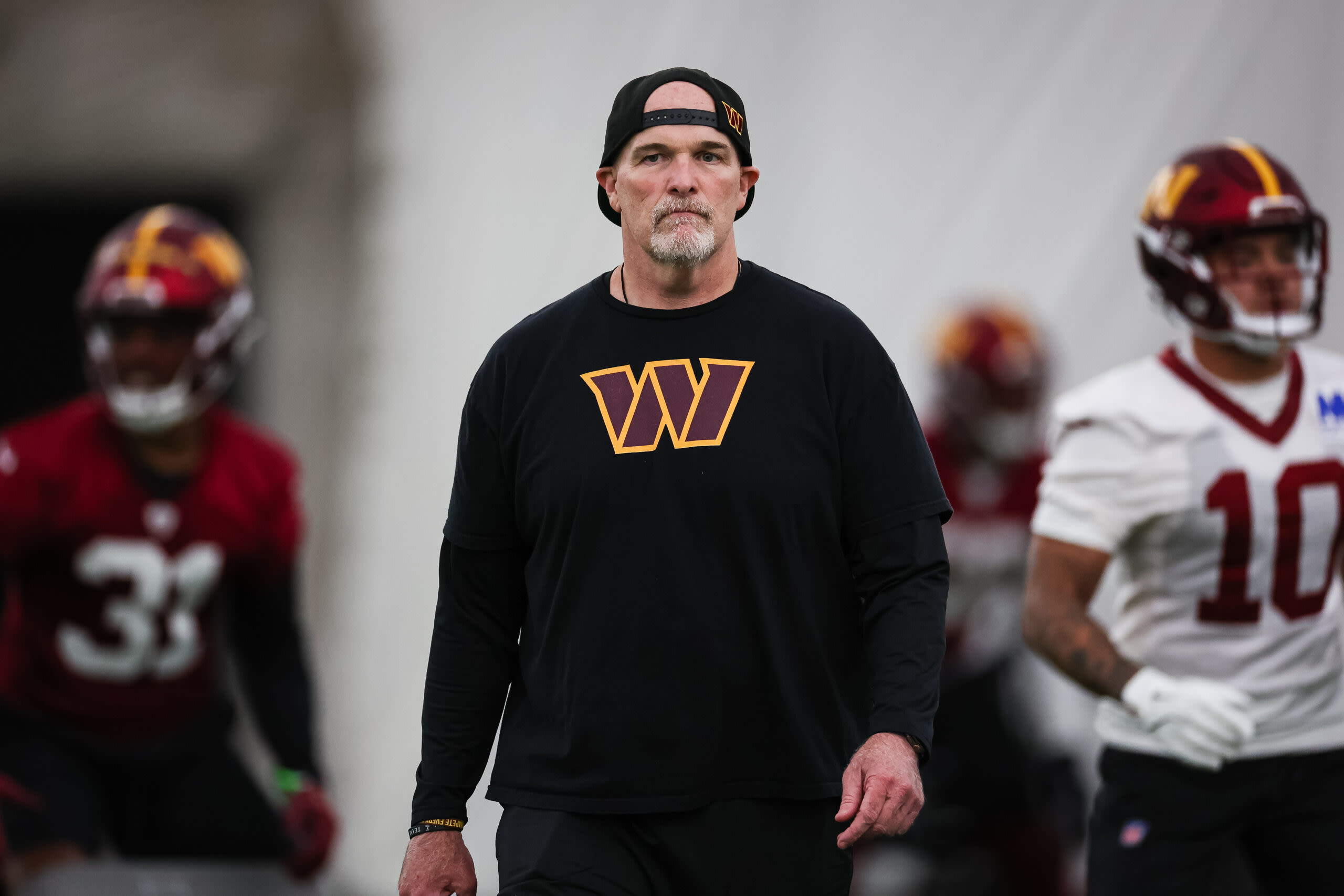Search results
News about Assad Zaman, season 2, Louis
News about Jen Psaki, Afghanistan, interview
Also in the news
- Tell me about yourself. This question seems simple, so many people fail to prepare for it, but it’s crucial. Here's the deal: Don’t give your complete employment (or personal) history.
- Walk me through your resume. Like “Tell me about yourself,” this question is a common interview opener. But instead of framing your answer around what qualities and skills make you best for the position, your answer should group your qualifications by your past jobs and tell your career story.
- How did you hear about this position? Another seemingly innocuous interview question, this is actually a perfect opportunity to stand out and show your passion for and connection to the company.
- Why do you want to work at this company? Beware of generic answers! If what you say can apply to a whole slew of other companies, or if your response makes you sound like every other candidate, you’re missing an opportunity to stand out.
Nov 11, 2021 · Interviews can be high stress, anxiety-driving situations, especially if it’s your first interview. A little practice and preparation always pays off. While we can’t know exactly what an...
- Overview
- Why is it important to prepare for the top 20 interview questions?
- Top 10 interview questions
- Additional interview questions
There are many common interview questions that most employers ask. If you prepare for these questions, you can readily communicate that you have the skills, experience, and personality for the open position. In this article, we share the top 20 interview questions that hiring managers ask along with tips and examples to help you answer key question...
Preparing for common interview questions will help you come across as confident and qualified in your interview. It can also show employers that you took the time to research and prepare for the interview, which indicates that you might bring the same work ethic to the job. Finally, preparation can help keep you from unintentionally saying somethin...
1. Tell me about yourself.
Goal: The interviewer wants you to introduce yourself, so share a brief summary of your career trajectory and relevant experience. How to respond: Describe the key experiences in your career that qualify you for the position. Avoid disclosing age or going too far back in your history, and keep it focused on your professional life.Example: “I began working in sales positions about 8 years ago, and I’ve steadily increased responsibility in terms of account and territory size. In my account executive role, I realized how much I enjoy and excel at building relationships with clients to identify their needs and deliver customized solutions. I’m working in more of a sales training role now, and I’m interested in moving back into a role focused more on account development and customer success.”Related: How To Ace Your Next Interview: Tips and Examples
2. Why are you interested in our company?
Goal: Employers want to see that you’ve done the research on the company and that it’s a place where you could build your career.How to respond: Before your interview, browse the company's website and social media pages as well as any news articles or company reviews. Share what interests you about the company’s products, services, culture, or values (you may also need to look at the specific division or team if interviewing at a large company).This is a good time to mention other things you admire such as their company culture, community involvement or charity commitments.—Mary Morgan, SHRM-CPExample: "I'm interested in working for your energy automation team because of its reputation for cutting-edge innovation. For example, I saw that the company recently installed digital substations in 3 test cities, and I would like to contribute my technical expertise to initiatives like these. I can see myself building a career within a company that similarly values innovation, automation, and sustainability.”Related: Top 10 Personal Interview Questions and Tips for Answering Them
3. Why are you interested in this position?
Goal: Employers want to hire someone who will be happy with and stay in the position, so they want to gauge your interest level in that specific job opening.How to prepare: Review the job description and identify several responsibilities or factors that attract you to the role. Example: "I believe I can pull from my prior successes in marketing to introduce new initiatives that will help expand and engage the product’s customer base. I also want to grow in this role by increasing my knowledge of consumer products and taking more ownership of marketing strategy. In sum, I believe it will leverage my skills while providing enough growth and challenge to be the next step in my career.”Related: Interview Question: "Why Are You Interested in This Position?"
Here are the rest of the top 20 interview questions that employers might ask:
1.Why are you looking for a new role?
2.How do you stay motivated?
3.How do you learn a new skill or technology?
4.How do you manage your stress levels?
5.Where do you hope to see yourself in five years?
- Research the company. Spend a few hours learning everything you can about the company—from as many sources as you can. Talk to people in your network to find current and previous employees, read current news releases, and, yes, spend some time on Google.
- Learn everything you can about the open position. Before you can show your interviewer why you’d be a great hire, you need to know what they’re looking for.
- Try out the company’s product or service (if you can). If the company you’re interviewing for sells a product you can feasibly check out—try it before your interview (ideally, a few times).
- Learn about the interviewers (without being creepy!) If you’re not told who you’ll be meeting with during your interview, ask. For each interviewer, learn what their role at the company is and prep some questions that are specific to them.
Nov 30, 2023 · Learn more about 20 common interview types, like phone, video and traditional interviews, and how to prepare for a interview with a hiring manager.
Jan 27, 2024 · Interviews ask the “What are you looking for next?” question to determine whether you have specific goals and aspirations, or whether you are just another hopeful job-seeker looking for any old firm to hire you. It’s also their way of determining whether your key aspirations align with key characteristics of the role.
People also ask
What are the most common interviews?
What is a phone interview?
What is a working interview?
What questions do interviewers ask during a job interview?
Check out these 10 common interviews and what you need to know about them. 1. The Traditional Interview. This is the scenario you’ll face most often: You sit down with a solo interviewer and answer a series of questions designed to help her figure out if you’re a great candidate for the job.







